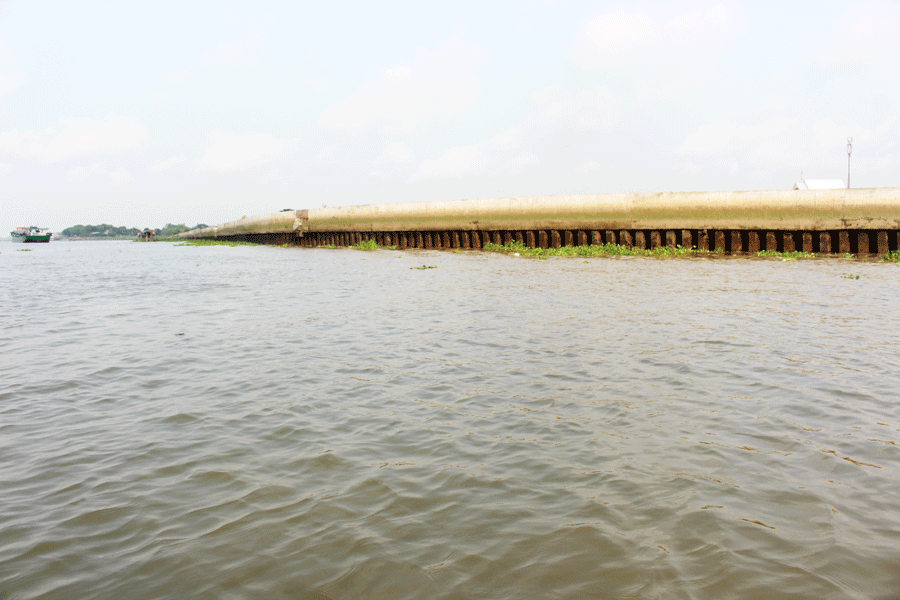HCMC – The construction of the fruit park project along the Tien River in Tien Giang Province has resumed after being suspended for around four years for an environmental impact assessment, said a local official.
The park was named after Cai Be, the district of this Mekong Delta province in which the park is located. The park project covers nearly 10 hectares of land, reported Phap Luat newspaper.
The provincial government serves as the project’s investor. The Cai Be District Management Board of Projects and Land Fund Development is the investor representative. It requires a total investment of almost VND300 billion, said Nguyen Hoang Bao, director of the management board, on April 12.
The project will comprise the main components, such as an embankment along the river, an operation facility, an incubator garden, roads, fruit-shaped items depicting fruit species in the south, among others.
The project is slated for completion by end-2023.
Earlier, the Cai Be government broke ground on the fruit park project in early 2017, but had to suspend the project as many local people expressed concern that the project could affect the water flow and lead to the erosion of the other bank of the river.
Therefore, the Ministry of Natural Resources and Environment in November 2017 ordered the suspension of the project to assess its environmental impact.
Many scientists, consulting units, and competent agencies then founded a council for the environmental impact assessment.
The assessment results showed that the project would not leave a considerable impact on the water flow in the area. The province also built an embankment for the other bank of the river to prevent landslides.
Following the assessment results, the province was given permission to restart the project.
Tien Giang boasts the largest area under fruit farming in the delta. Its fruit gardens cover over 80,000 hectares of land, with various specialty fruits.
The Cai Be park project, once put into operation, will connect the Cai Be floating market and the Dong Hoa Hiep ancient village with many other ecotourism sites, fruit gardens and traditional craft villages in the region.









